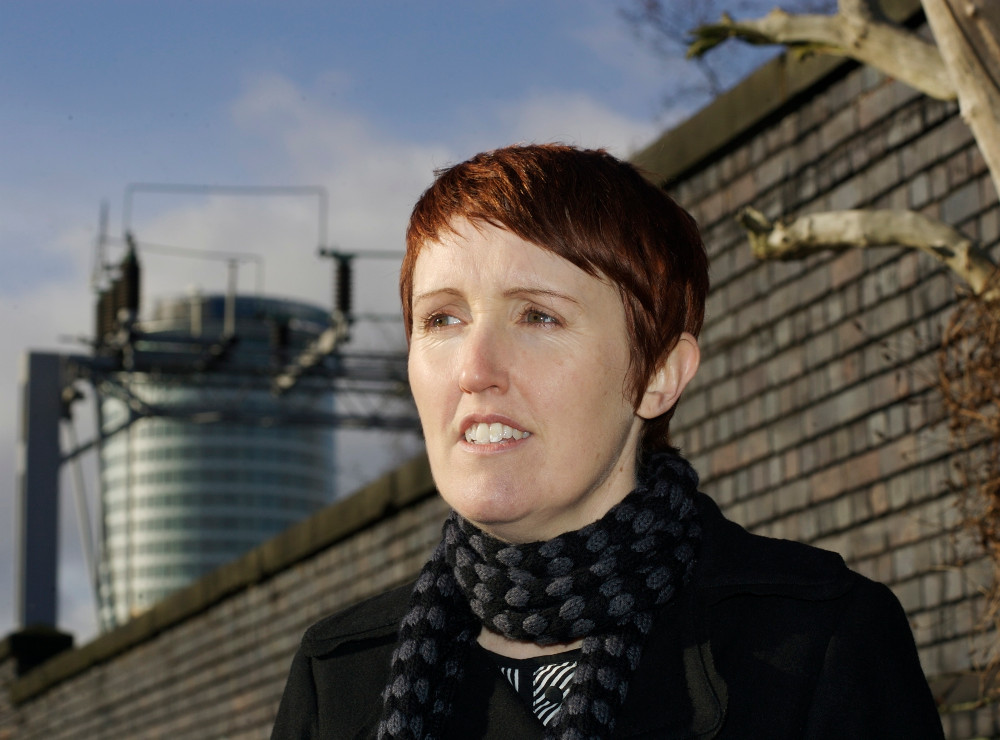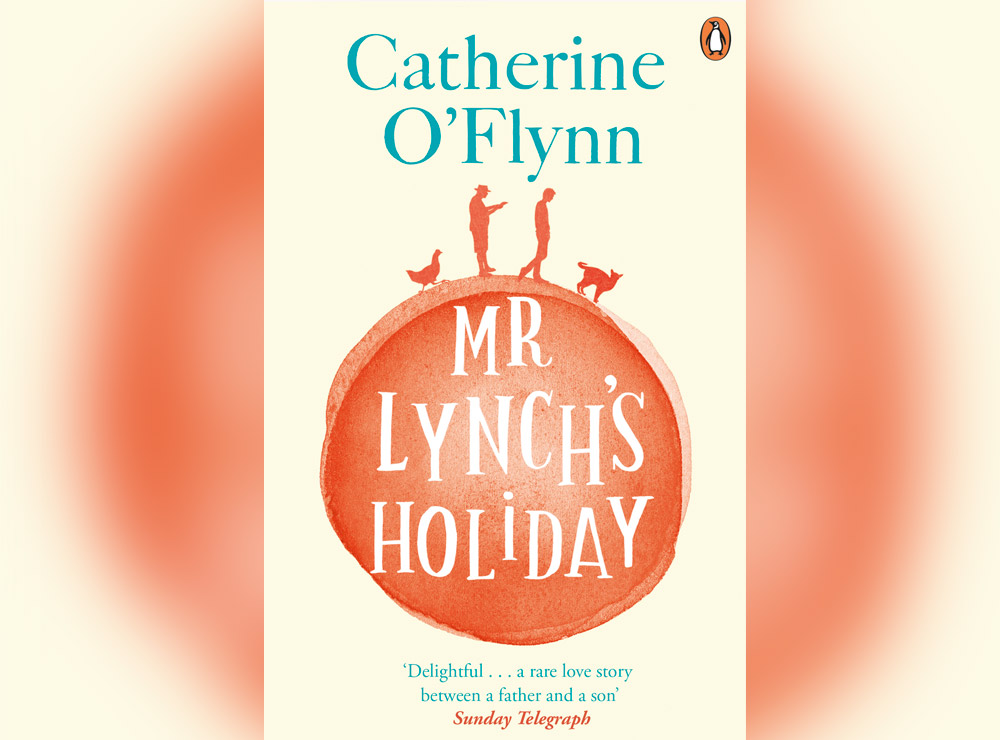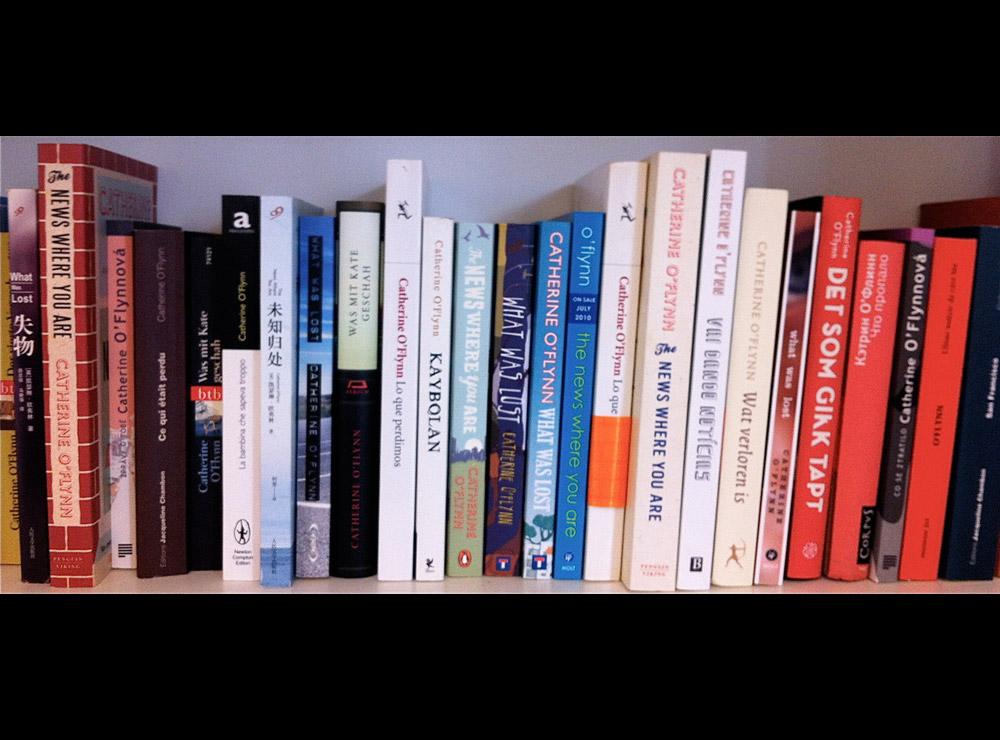Related Writers
Literature organisations
Discover more
Connections

International working
Refresh, Expand
International Working - a writer's perspective

Literature, Live
Azure Noise and Kinetic Syntax
Poetry as a space of active silence

News
Apply for ILS Collection grants
Open call for proposals worth £2,500

Literature, Live
Too Legit To Print
Spoken Word: Literature’s Lesser Offshoot?



